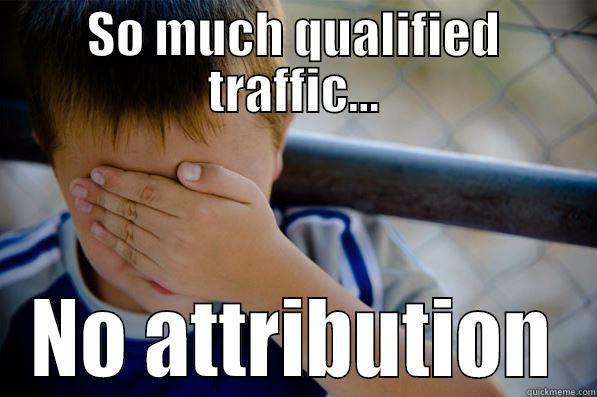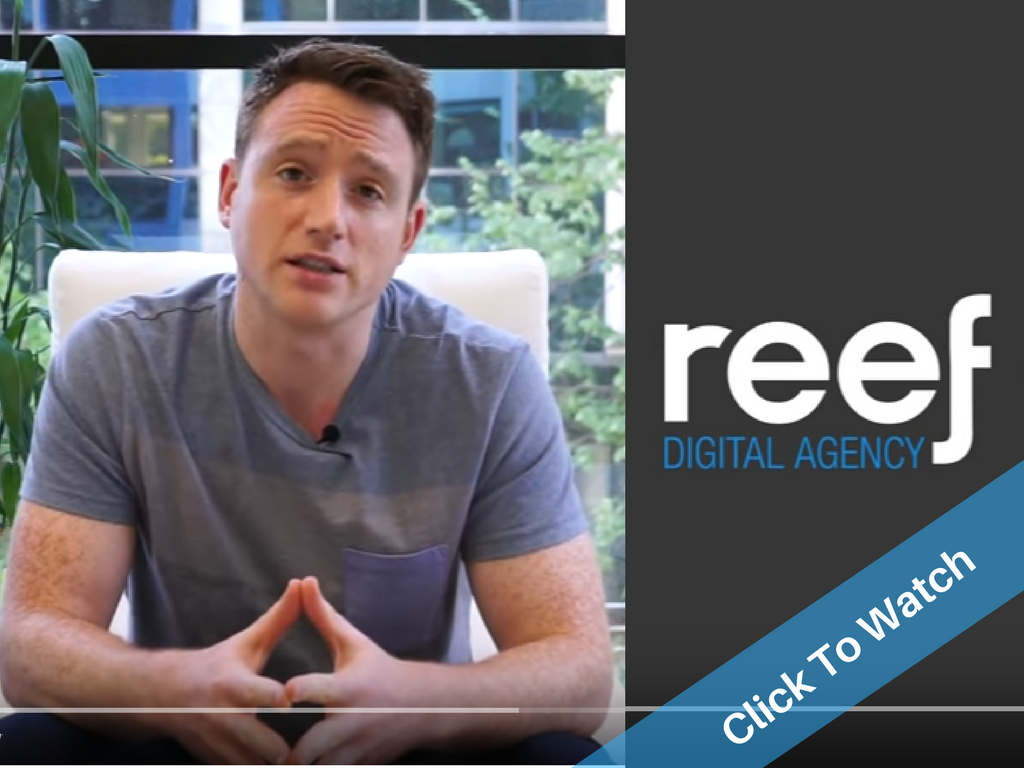How does your AdWords perform? I mean, seriously?
In a Google dominated world, AdWords spend can be a significant part of your marketing budget. You’ve probably already spent a lot of time communicating your goals with your agency, maybe even tried to get your head around the sophisticated AdWords interface and metrics.
And you are constantly curious about: how are my ads performing? Are they actually making money for me? Is it worth it?
These questions need asking, that’s why there are so many different answers popping up, meaning we sometimes get lost in endless numbers and metrics.
Learn From Mistakes
Startup world has a golden phrase: fail fast, so that you can achieve your goal quickly by learning what not to do. Mistakes have values, either made by you or others.
So, let’s look at the top 5 mistakes people make when measuring AdWords’ performance.
Ready?

#1 Focus On The Wrong Metrics
After learning about CTR, Impression Share, CPC, Avg. Position etc., you start getting pretty confident in talking about AdWords. You need to be constantly checking these metrics, which can make you very anxious whenever the CTR drops, or the CPC increases.
Eventually your life becomes a dashboard of different numbers fluctuating all the time.
The truth is, not all metrics are equally important. Before jumping into the dashboard life, the first thing you need to do is define your goals, then look into metrics that best describe your ad performance.
For example, for e-commerce companies, what they might care most about is sales and revenue, so the best metrics to look at are Conversions (in this case, transaction), Conversion Rate, and Cost per Conversion. It might also be the case where increase in CPC increases number of Conversions, so no need to stress too much about the rise in CPC yet. However, if the increase in Conversions increases Cost per Conversion, you might start looking into your overall margin in order to keep a good balance.
#2 Incomplete Attribution Model
If you solely rely on data in AdWords, you may fall into the trap of an incomplete attribution model.

In the AdWords attribution model, we use “Last Click” model as a standard, which means only when people convert after a click will they be counted as a conversion. However, in a very intricate Search landscape: consumers conduct searches, then go on social media platforms for references, then come back to search. It’s all connected! Each channel should be attributed with credit not just the last click. (Explore “The Customer Journey to Online Purchase” here !)
But how can you know which conversions AdWords contributes to? In Google Analytics, under Conversion tab, you can directly view Assisted Conversions, i.e., the number of conversions for which this channel appeared on the conversion path, but was not the final conversion interaction.

Then just below the “Assisted Conversions”, you can get the “Top Conversion Paths” where you can get a pretty good idea about the conversion journey you customers are taking:

So it’s not just about last click! (Read more about attribution.)
#3 Lack of Offline Tracking
We already know that people’s online journey is complicated, how about offline conversion?
This is especially important for businesses that have store visits or offline purchases generated from AdWords (hotels, auto dealerships, salons, restaurants, and retail stores), do you just let these traffic sources go untracked?

You might say what’s the big deal? As long as I’m getting good traffic. Well, without the right attribution, you don’t know how each channel contributes to your revenue, without knowing that, you will have difficulty allocating the right marketing budget, and by making inappropriate investing decisions, you might end up negatively affecting your business or at best, not getting the most return from your investment ……
OK, don’t worry, data freaks (people in Google) have prepared the solution for you:
- Store Visit Conversions
This works with businesses that have multiple store locations and receive large amount of clicks and store visits. See how our director Chris explains this:

HOW TO SHOW ADS BASED ON USER BEHAVIOUR – RAPID IMMERSION #11
- Offline Conversion Tracking
Basically it works by attaching a unique ID to each click through AdWords, then you upload the conversion data from your internal CRM (Customer Relationship Management) on a regular basis.
This allows AdWords to attribute conversions to the right keywords, so that you will have a clear idea which campaigns and keywords contribute to your revenue, in what way.
Read more about offline conversion tracking here.
#4 Commercial Value Not Fully Captured
For marketing executives and business owners alike, you must have been talking about this phrase day in and day out: ROI (Return On Investment). But often is the case that the commercial value of AdWords hasn’t been accurately identified.

For example, for SaaS companies, there’s often a buying cycle for a lead converting into a paying customer. It’s very easy to see how many leads AdWords generates, but do you know how many of them eventually turn into REAL customers? And how valuable each customer is to your business?
To get a better understanding of this, you need to integrate your CRM system with AdWords, and track the final purchases and CLV (Customer Lifetime Value) of each purchase, then you can start to analyze the ROI of your AdWords.
#5 Look At AdWords In A Silo Lens
They say business is business, but search is not just search (ok I made the second half part up).
As we showed above, customer journey can be long and intricate, each channel contributes its part and interplays with each other. Apart from the potential value AdWords adds to other channels, the valuable data (search term report, geographic/demographic/time data etc.) in AdWords can also help us uncover new insights for our businesses.
Ideally people in your team should all know the basics of AdWords and how to harness its data for better insights!

Conclusion
To conclude, performance should always be backed by data, data should be from the right sources and extracted to answer the right questions. Don’t ever lose yourself in a dashboard!
